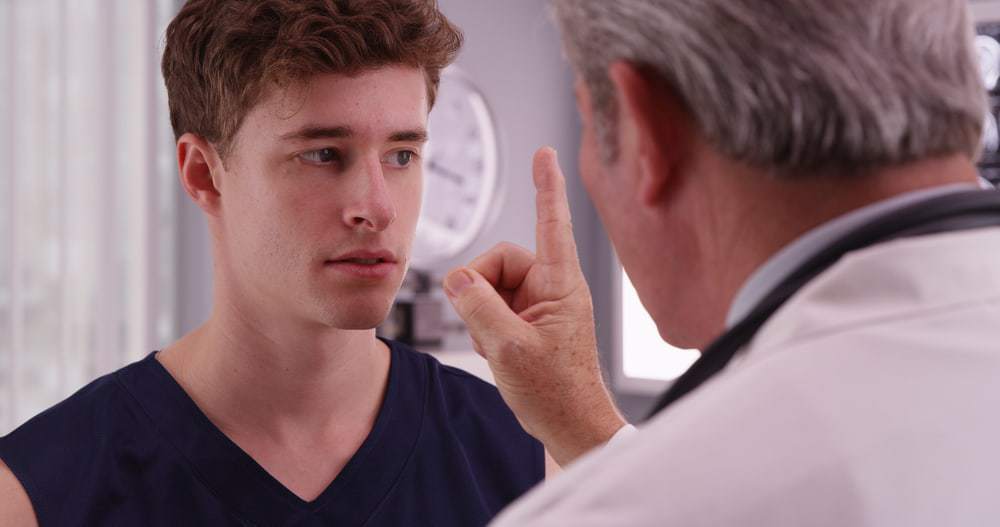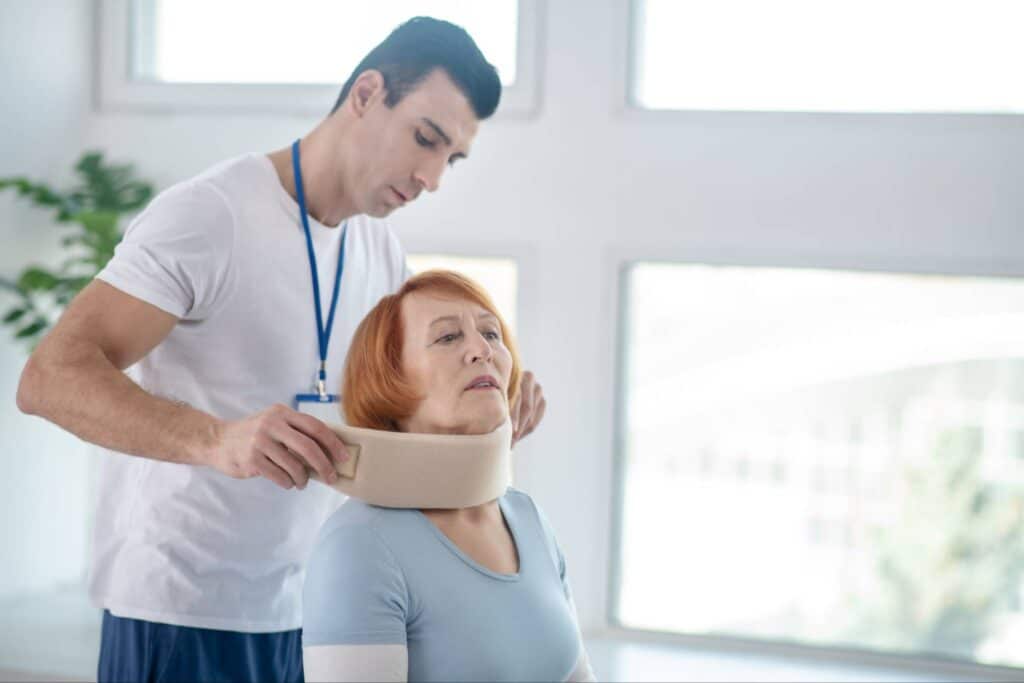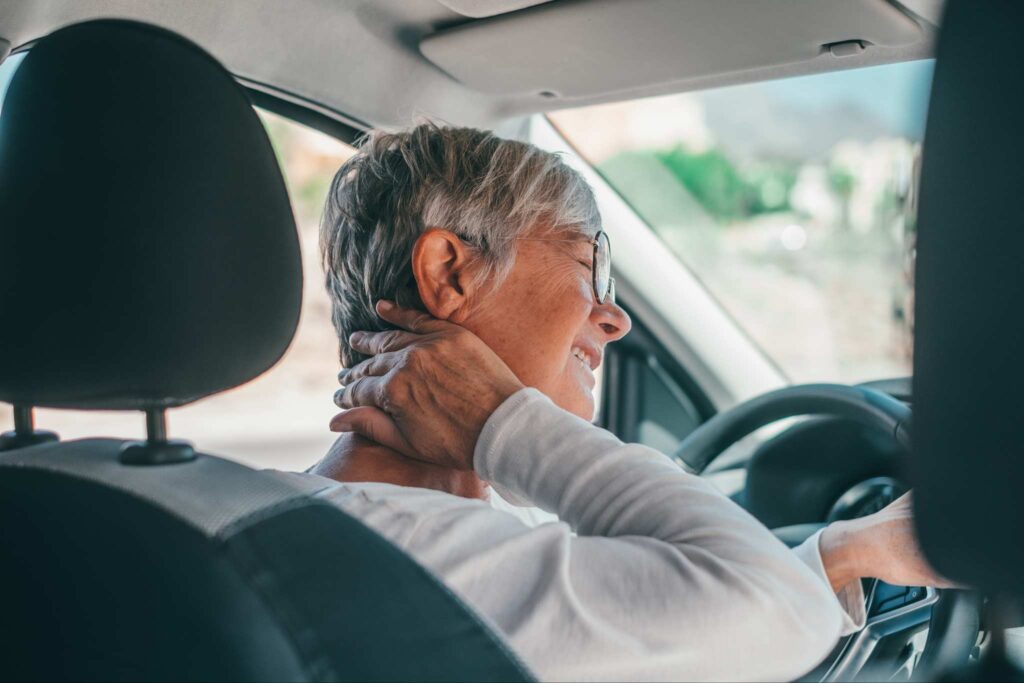Concussions have steadily become a part of a larger conversation Americans are having when it comes to their long-term health implications. While most people understand the connection between concussions and contact sports like football, car accidents are the leading cause.
To prevent permanent damage, it’s important for individuals and families alike to understand what defines a concussion, how to identify the associated symptoms, and how orthopedic treatment can help.
Concussions Defined
Technically, concussions are referred to as traumatic brain injuries (TBI). Although there are different levels of severity, concussions disrupt your brain’s ability to perform and function appropriately. The effects are usually short-term but can develop into something more in depth or long-term if left untreated.
Concussions occur when your body is confronted with sudden, sharp impact that causes your head and brain to move quickly in multiple directions or actually shift out of its normal position.
Identifying Signs and Symptoms Connected to Concussions
Depending on the circumstances, the symptoms associated with concussions may appear immediately after impact or not for several weeks. Because of this, it’s imperative to remain vigilant and alert when an accident occurs, as well as to contact an Atlanta orthopedic doctor as soon as possible for an examination.
A few of the more common signs and symptoms to watch out for include:
- Headaches
- Intense pressure in the skull or forehead
- Temporary loss of consciousness
- Dizziness
- Ringing noises
- Nausea
- Vomiting
- Speech impediment
- Fatigue
- Difficulty with concentration and recalling recent events
- Sensitivity to light and noise
- Insomnia
Orthopedic Treatment For Concussions and Car Accident Injuries
To treat a concussion, patients must first undergo a complete examination by an experienced orthopedic doctor. During this examination, several neurological tests will occur to measure your vision, hearing, strength, and reflexes. For those who exhibit significant or concerning symptoms such as seizures or vomiting, an MRI may be required.
Once your orthopedic doctor diagnoses the issue, treatment can include:
- Rest
- Avoiding contact sports on a temporary or permanent basis
- Limiting workload
Contact AICA Orthopedics After A Major Accident
If you are involved in a significant accident, the best thing you can do for your short and long-term health is to contact the team at AICA Orthopedics. We can diagnose the severity of your condition or injuries and provide customized treatment that helps you safely return to your routine. Dial (404) 855-2141.








